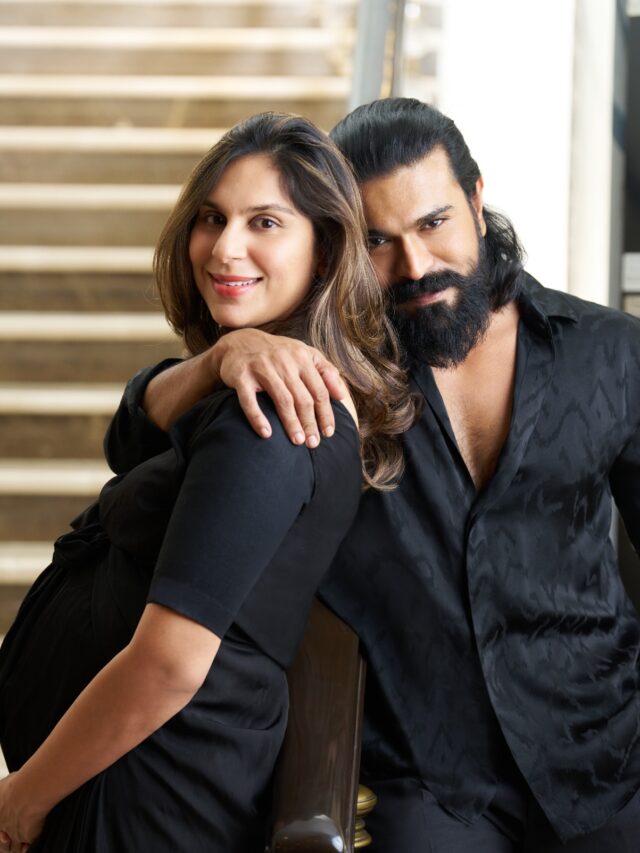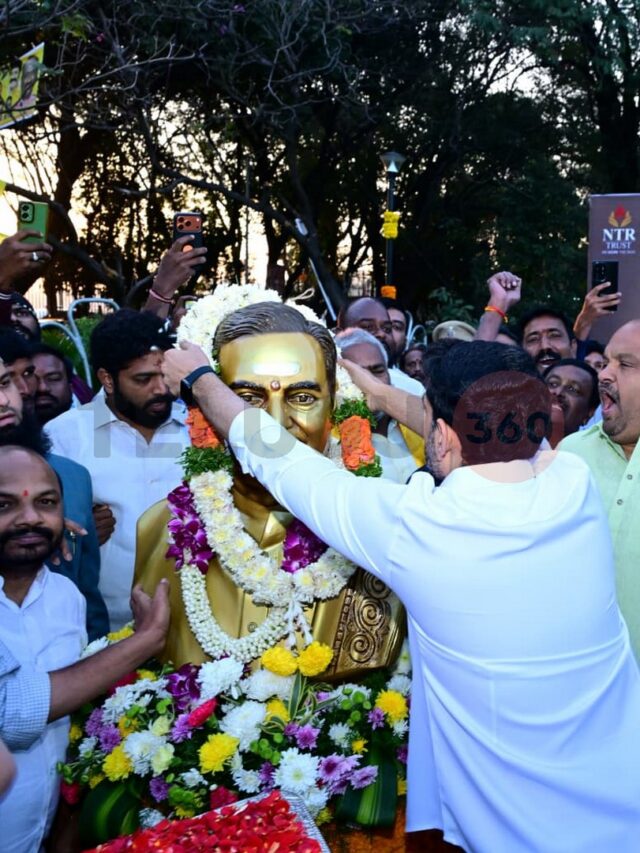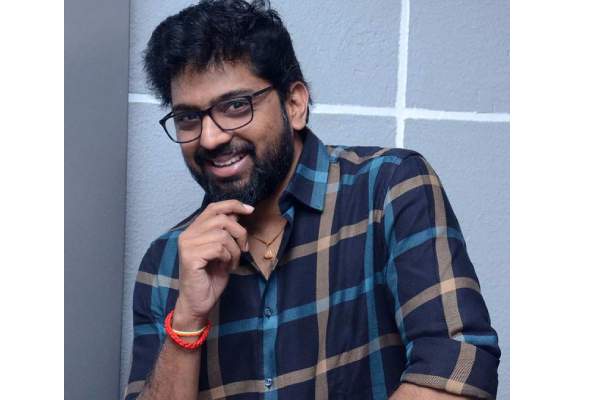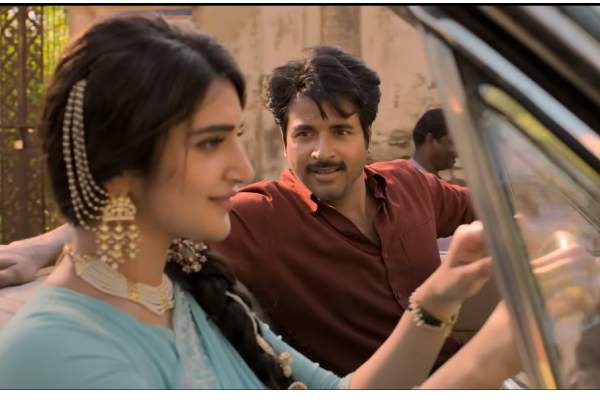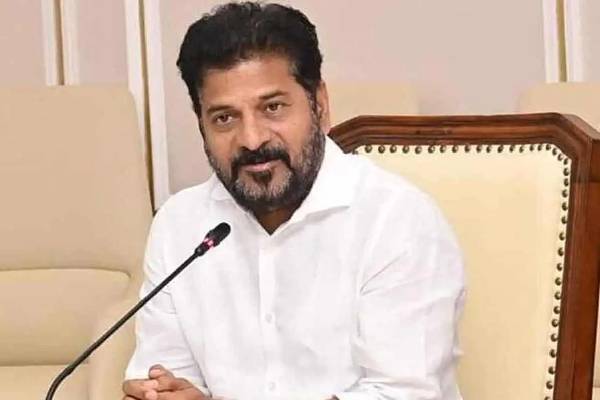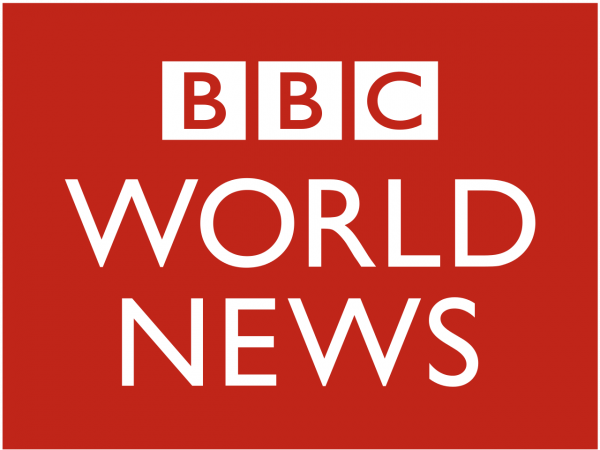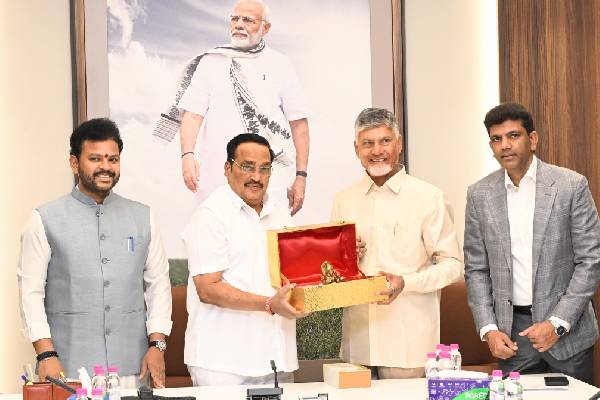(S.Ravi Seshu)
Generation of the yesteryear is fond of two media vehicles: The BBC (radio) and The Hindu (news paper).
In fact, it was a symbol of status and intelligence for people to claim that they regularly ‘follow’ BBC and The Hindu to satiate their appetite for news. Citizens used to relay on BBC news to get the news confirmed!
Though Telugu is considered as the second most spoken language after the national language (Hindi), BBC didn’t venture into Telugu market so far. However, at last, the BBC World Service announced that Telugu is among 11 more languages it plans to broadcast from 2017. The other three Indian languages that were taken up by the British media giant are: Gujarati, Marathi and Punjabi. Afaan Oromo, Amharic, Igbo, Pidgin, Tigrinya, and Yoruba (all African) and Korean are the other languages considered by it.
With this expansion, reportedly the biggest of its kind since 1940s, the BBC World Service will be available in a total of 40 languages, including English.
Media quoted the BBC director general Tony Hall as saying: “This is a historic day for the BBC, as we announce the biggest expansion of the World Service since the 1940s. The BBC World Service is a jewel in the crown — for the BBC and for Britain.”
He added: “As we move towards our centenary, my vision is of a confident, outward-looking BBC which brings the best of our independent, impartial journalism and world-class entertainment to half a billion people around the world. Today is a key step towards that aim.”
BBC is going to spend about 300 million pounds for the new or expanded daily TV and digital bulletins and it is expected to create jobs for more than 1000 journalists and technicians.
Fran Unsworth, the BBC’s World Service director, said in its website: “Through war, revolution and global change, people around the world have relied on the World Service for independent, trusted, impartial news. As an independent broadcaster, we remain as relevant as ever in the 21st Century, when in many places there is not more free expression, but less.”
He added: “We must follow our audience, who consume the news in changing ways; an increasing number of people are watching the World Service on TV, and many services are now digital-only. We will be able to speed up our digital transformation, especially for younger audiences, and we will continue to invest in video news bulletins.
“What will not change is our commitment to independent, impartial journalism.”
It is expected that the BBC’s entry would checkmate the worst tendencies in journalism, especially in both the Telugu-speaking states.







